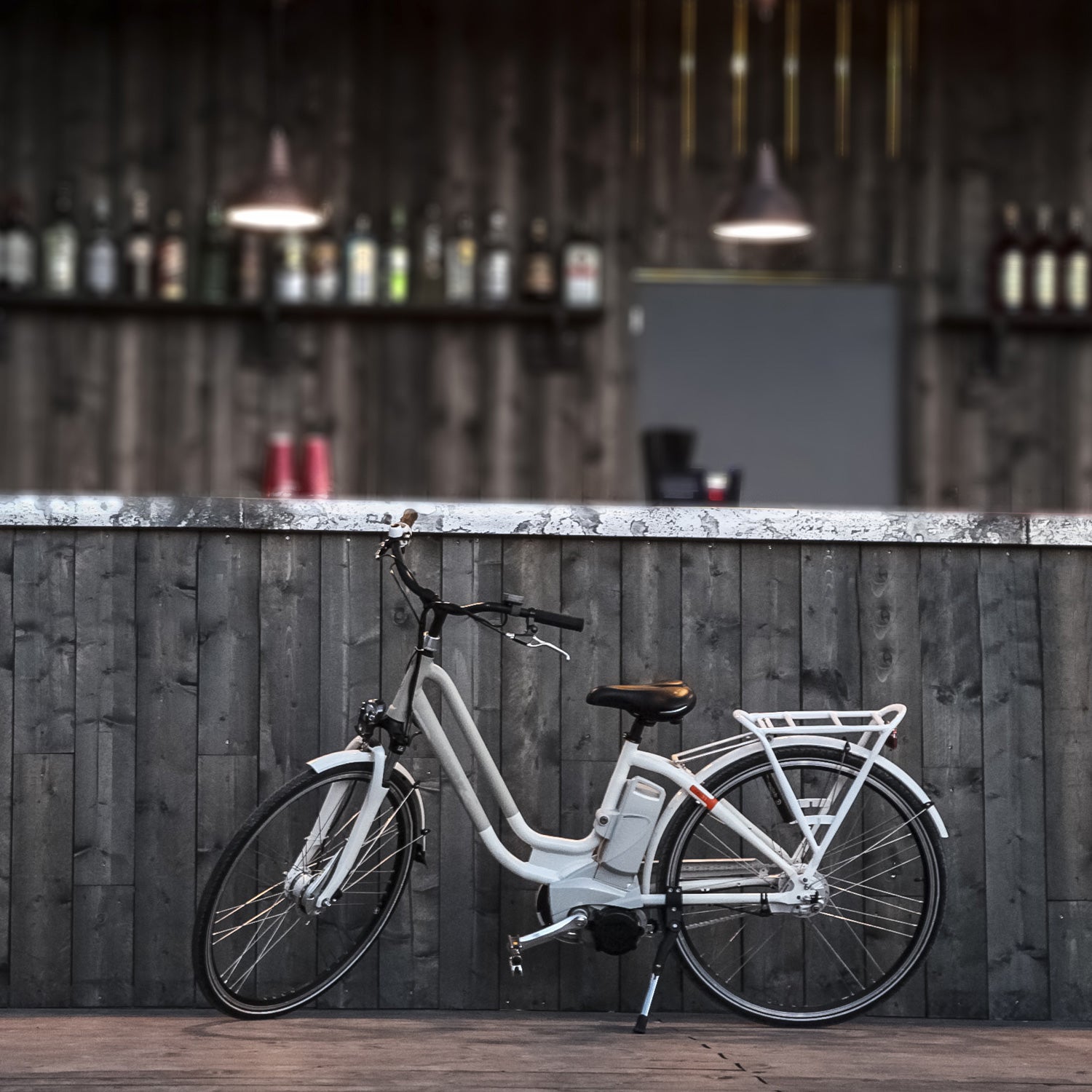Craft beer's ��and continued ��are a given at this point, but things aren't as perfect as they seem. For the past few years, what many in the industry call “”��has been brewing.
Beer enthusiasts are embracing the aluminum can��for a variety of reasons��(freshness-sealing and hiking-friendly qualities among them). Many craft breweries have responded by , which is a cheaper way to ship beer��and��put��more product on shelves. But getting in on the can craze isn't easy.��Craft beer makes up such a small portion of business for��can manufacturers��that suppliers��have been unwilling to cut them��price breaks��as orders increase. Many now��require��brewers to order more cans at a time,��squeezing smaller��brewers out of the market.
The headlines ��last month. “.” “.” “.” You’d think it was the end of portable, local beer as we know it.
But there’s a simple alternative here, and it’s good for both the environment and the very brewers suffering from the shortage: stop using cans and start filling your growler. Why?
It’s the Most Energy-Efficient Beer Carrier
The aluminum industry likes to tout the fact that aluminum takes a relatively small amount of energy to recycle compared to glass, which has to be melted down to recycle. Beyond that, because it’s such a lightweight material, aluminum requires less fossil fuel to ship. But aluminum is incredibly energy intensive to process. Refining the mineral bauxite into aluminum for every ton produced. Glass, on the other hand, takes just ��per ton to produce.��
Between production and recycling, “aluminum and glass sort of balance out [in terms of environmental friendliness],” says Arthur Gillett, co-founder and research director for , a company that rates the sustainability of different foods. If only you could rinse out glass and use it multiple times instead of sending it straight to the recycling bin… “Then a glass growler becomes a no-brainer.”
Gillett says it’s impossible to know exactly how much energy you’ll save by switching to a growler. It would depend on exactly how many times you reused your growler over its lifespan, whether your growler was made from glass, ceramic, or stainless steel, and how far away your closest brewery was. However, Gillett says there are few scenarios where refilling a growler wouldn’t be more energy efficient than buying cans or bottles.��
Drinking Locally Is an Economic Boost
Think of your growler as a commitment to spend beer money at your local brewery instead of the aisle of six-packs at the grocery store. It’s a smart investment, and not just because it takes packaging out of the price tag for you in the long run. When a small business—like a craft brewery—opens, it usually hires a bookkeeper, an in-house marketing guru, and maybe even a human resources specialist. These are jobs that chain businesses outsource to a central office. A ��has found that a dollar spent at a local business generally creates three to five times the local economic return than one spent at a big corporation—a phenomenon known as the “multiplier effect.” And it all starts with your weekly IPA habit.��
You Can Bike for Every Beer Run
According to the Brewer’s Association, the nonprofit advocacy group for craft brewers, the majority of Americans now��. And with����than at any other time in American history, most of us have more than one nearby tap house to choose from. That means you have no good reason to start the car when your growler runs low.
You Can Check One Chemical Off Your Anxiety List
The vast majority of beer cans are lined with an epoxy that contains bisphenol A. If you spend any time around reusable water bottles, you know this as BPA. There’s debate whether the levels of BPA in cans could be enough to harm consumers, but the chemical is a known endocrine disrupter and has been banned from use in baby bottles. (Journalist Tom Philpott does a great job breaking down the reasons to be concerned about BPAs in your beer .)
All of this is not to say that you should never buy another six-pack of beer again. Variety is why so many of us fell in love with the craft movement, so limiting yourself to a single brewery seems ascetic. Plus, even though growlers allow you access to your favorite under-the-radar brews at home, you’ll have to drink it faster—growler beer generally lasts only a few days after opening. But it may be time to reframe can-ageddon as less of a pending disaster and more of a pending opportunity to drink locally while (sort of) saving the planet, 64 ounces at a time.��


